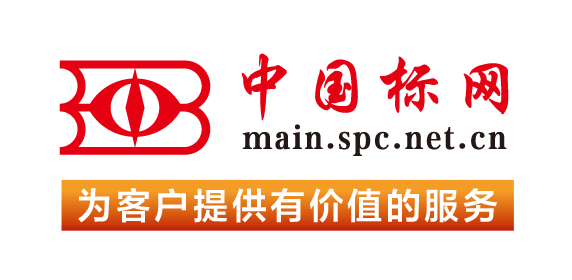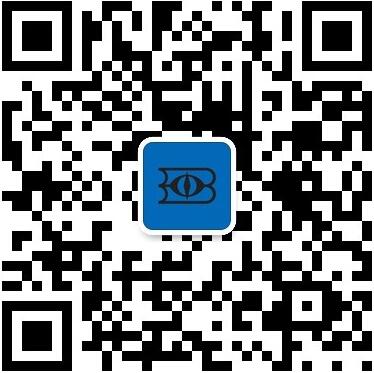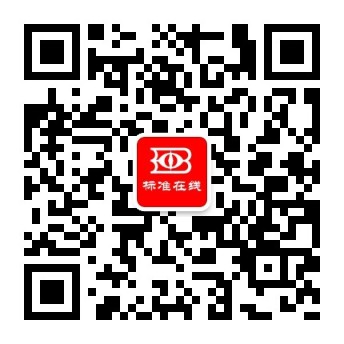【国外标准】 Standard Test Method for Pour Point of Petroleum Products (Robotic Tilt Method)
本网站 发布时间:
2024-02-28
开通会员免费在线看70000余条国内标准,赠送文本下载次数,单本最低仅合13.3元!还可享标准出版进度查询、定制跟踪推送、标准查新等超多特权!
查看详情>>
适用范围:
5.1 The pour point of a petroleum product is an index of the lowest temperature of its utility for certain applications. Flow characteristics, such as pour point, can be critical for the correct operation of lubricating systems, fuel systems, and pipeline operations.FIG. 1 Schematic of Cooling/Heating Block and Cooling Circulating Bath5.2 Petroleum blending operations require precise measurement of the pour point.5.3 Test results from this test method can be determined at either 1 °C or 3 °C intervals.5.4 This test method yields a pour point in a format similar to Test Method D97 or IP 15, when the 3 °C interval results are reported.NOTE 2: Since some users may wish to report their results in a format similar to Test Method D97 or IP 15 (in 3 °C intervals) the precision data were derived for the 3 °C intervals. For statements on bias relative to Test Method D97 or IP 15, see the research report.5.5 This test method has comparable repeatability and better reproducibility relative to Test Method D97 or IP 15 as measured in the 1998 interlaboratory program (see Section 13).1.1 This test method covers the determination of the pour point of petroleum products by an automatic instrument that tilts the test jar to detect movement of the surface of the test specimen with an optical device, after being removed from a regulated, stepped-bath cooling jacket.1.2 This test method is designed to cover the range of temperatures from −57 °C to +51 °C; however, the range of temperatures included in the 1998 interlaboratory test program only covered the temperature range from −51 °C to −11 °C.1.3 Test results from this test method can be determined at either 1 °C or 3 °C testing intervals.1.4 This test method is not intended for use with crude oils.NOTE 1: The applicability of this test method on residual fuel samples has not been verified. For further information on the applicability, refer to 13.4.1.5 The values stated in SI units are to be regarded as standard. No other units of measurement are included in this standard.1.6 This standard does not purport to address all of the safety concerns, if any, associated with its use. It is the responsibility of the user of this standard to establish appropriate safety, health, and environmental practices and determine the applicability of regulatory limitations prior to use.1.7 This international standard was developed in accordance with internationally recognized principles on standardization established in the Decision on Principles for the Development of International Standards, Guides and Recommendations issued by the World Trade Organization Technical Barriers to Trade (TBT) Committee.
标准号:
ASTM D6892-03(2020)
标准名称:
Standard Test Method for Pour Point of Petroleum Products (Robotic Tilt Method)
英文名称:
Standard Test Method for Pour Point of Petroleum Products (Robotic Tilt Method)标准状态:
Active-
发布日期:
-
实施日期:
出版语种:
- 推荐标准
- ASTM F3448-20 Standard Guide for Clinical Outcomes for Clinical Trials and/or Clinical Registries for Hip Reconstructive Surgery
- ASTM F3449-20 Standard Guide for Inclusion of Cyber Risks into Maritime Safety Management Systems in Accordance with IMO Resolution MSC.428(98)―Cyber Risks and Challenges
- ASTM F3450-20 Standard Guide for Flight Hazard and Surveillance Systems Personnel Certification
- ASTM F3455/F3455M-22 Standard Practice for Establishing the Minimum- and Maximum-Width Configurations for Crash Testing of Exceptionally Long Variable-Width Vehicle Barriers
- ASTM F3457-20 Standard Guide for Aircraft Certification Education Standards for Engineers and Professionals in Aerospace Industry
- ASTM F3459-21 Standard Specification for Rigid Poly Vinyl Chloride (PVC) Exterior Profiles Used for Sound Walls
- ASTM F3460-21 Standard Test Method for Seam Measurement Procedure for Baseballs and Softballs
- ASTM F3463-21 Standard Guide for Ensuring the Safety of Connected Consumer Products
- ASTM F3478-20 Standard Practice for Development of a Durability and Reliability Flight Demonstration Program for Low-Risk Unmanned Aircraft Systems (UAS) under FAA Oversight
- ASTM F3487-20 Standard Guide for Assessing the Service Life of a Brush Part Intended to Clean a Medical Device
- ASTM F3489-23 Standard Guide for Additive Manufacturing of Polymers — Material Extrusion — Recommendation for Material Handling and Evaluation of Static Mechanical Properties
- ASTM F3491-21 Standard Practice for Enhanced Indication Methods in Aircraft
- ASTM F3492-21 Standard Consumer Safety Specification for Child Safety Locks and Latches for Use with Cabinet Doors and Drawers
- ASTM F3495-23 Standard Test Methods for Determining the Static Failure Load of Ceramic Knee Femoral Components
- ASTM F3502-23a Standard Specification for Barrier Face Coverings
 购物车
购物车 400-168-0010
400-168-0010













